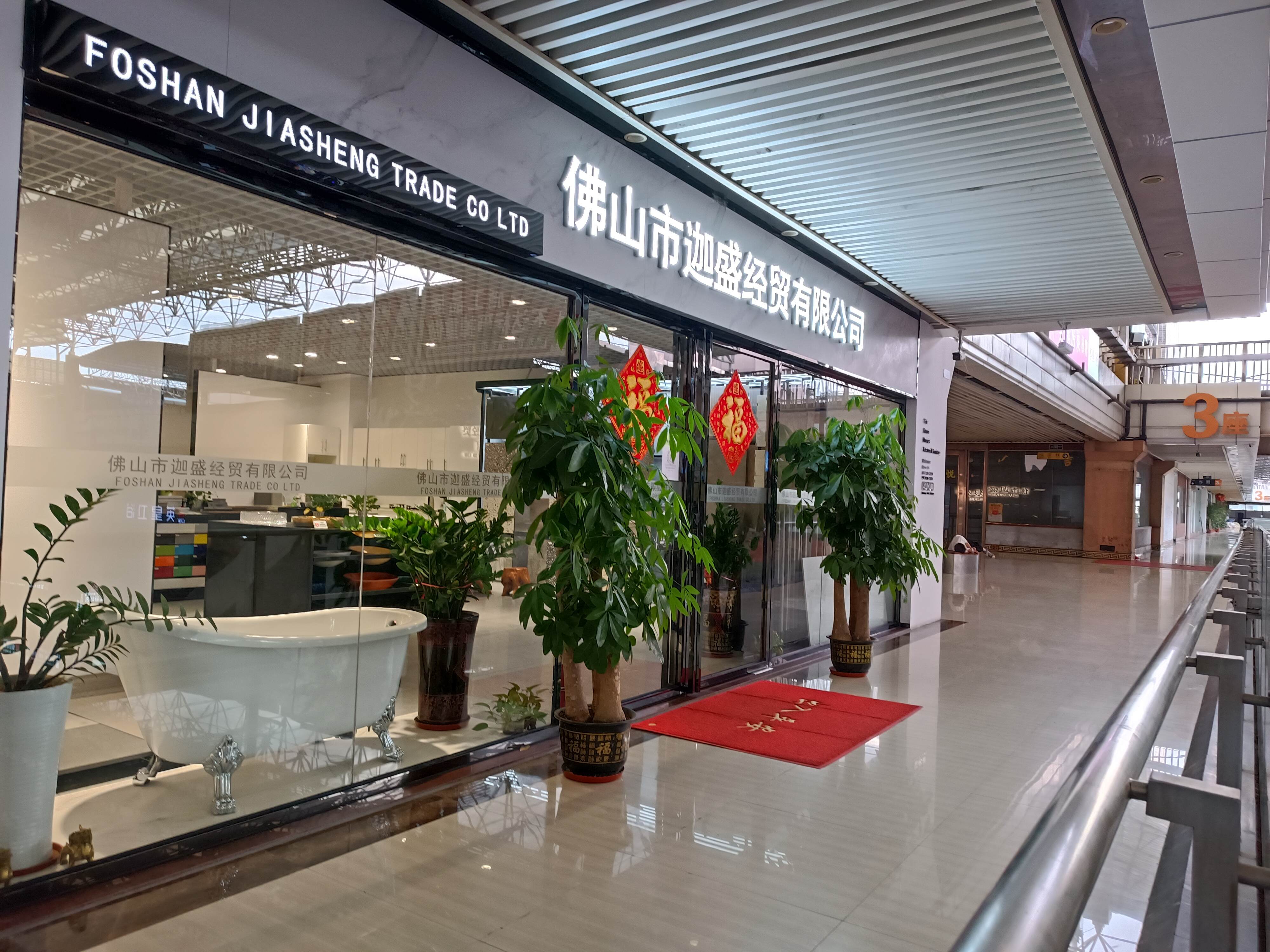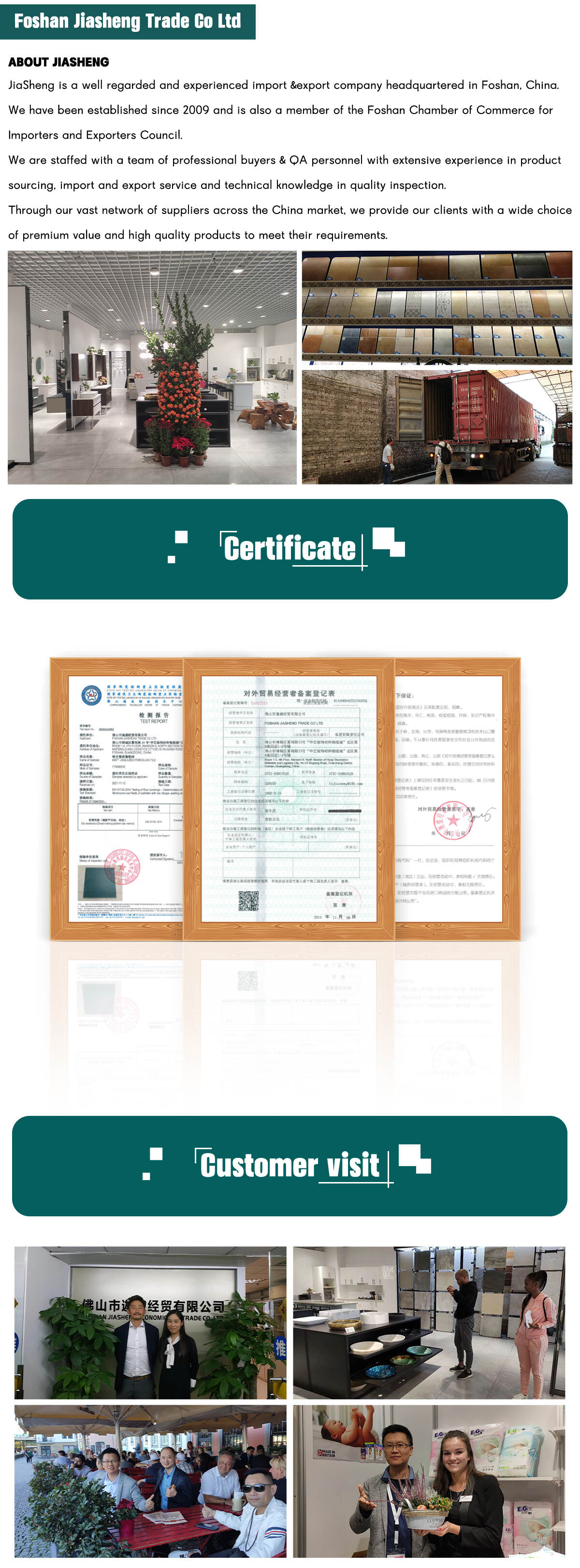Email cannot be empty
Password cannot be empty
Email format error
Email cannot be empty
Email already exists
6-20 characters(letters plus numbers only)
The password is inconsistent
Email format error
Email cannot be empty
Email does not exist
6-20 characters(letters plus numbers only)
The password is inconsistent

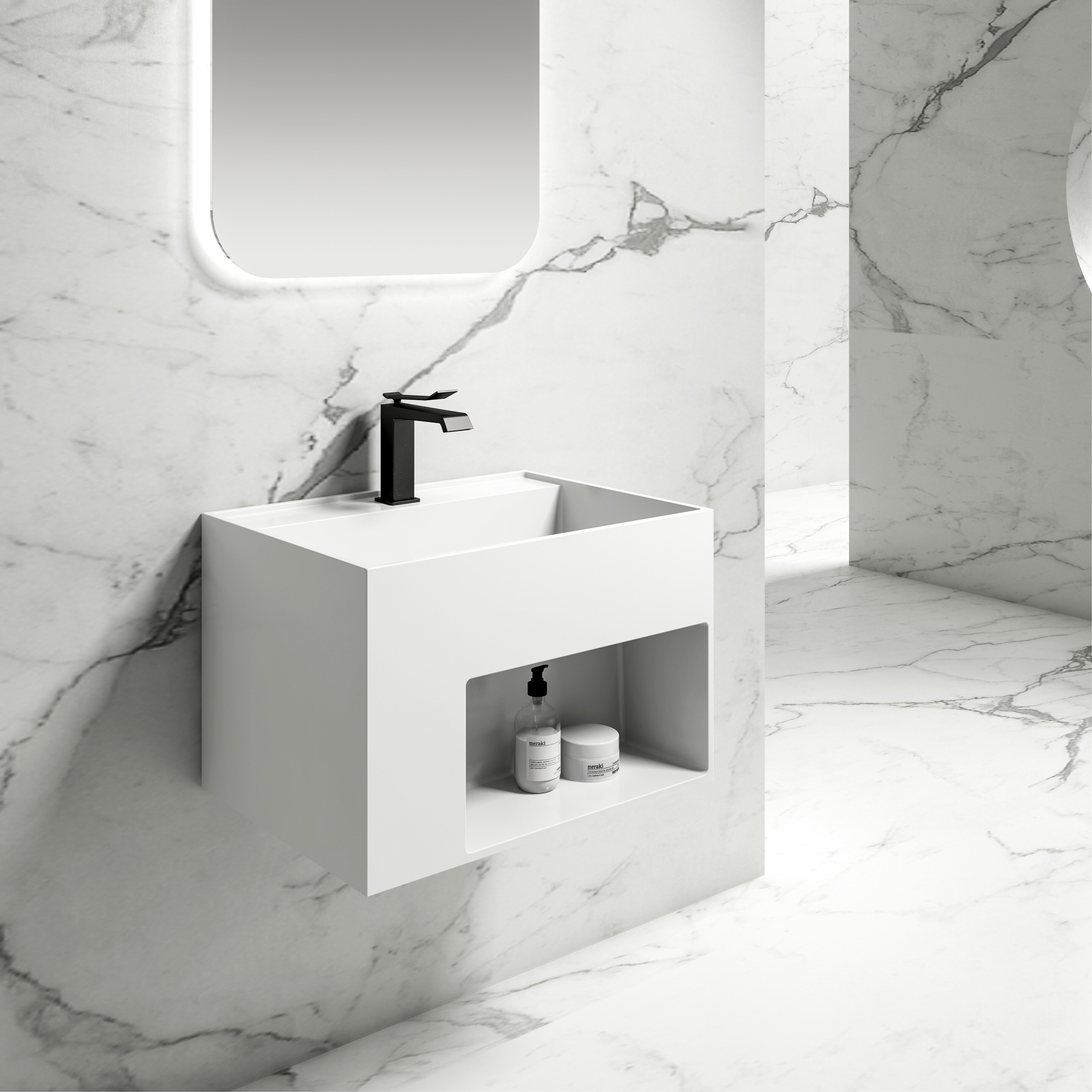
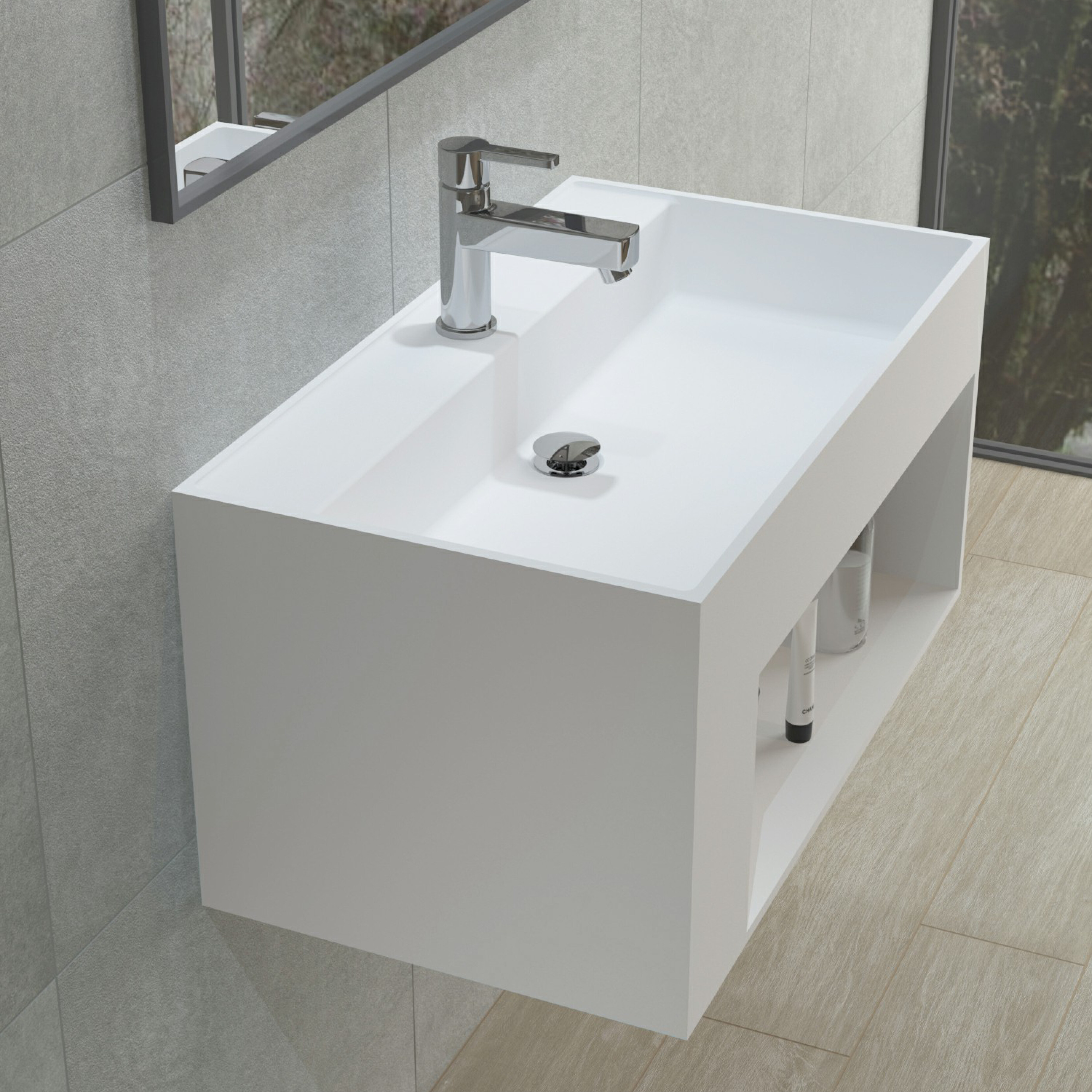
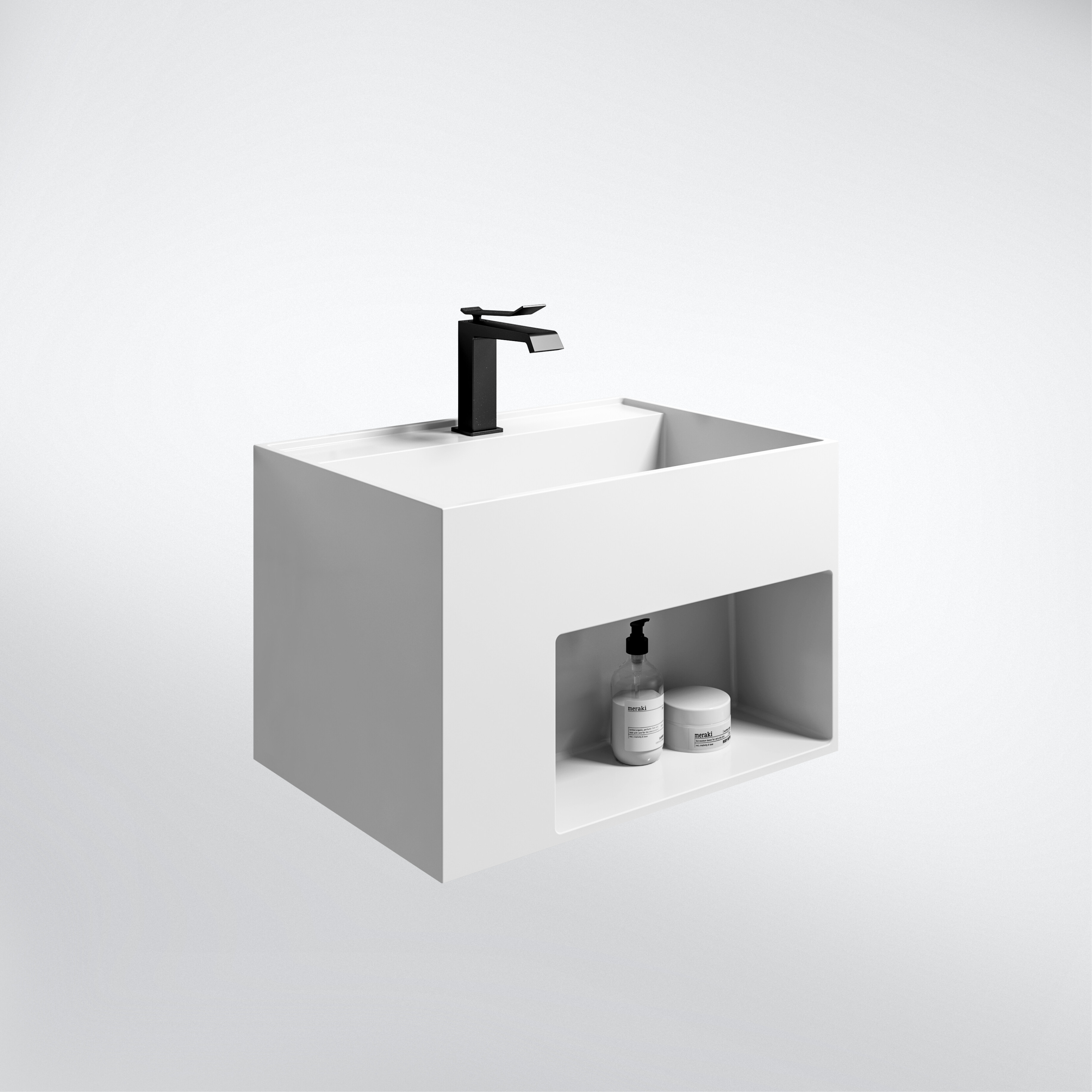
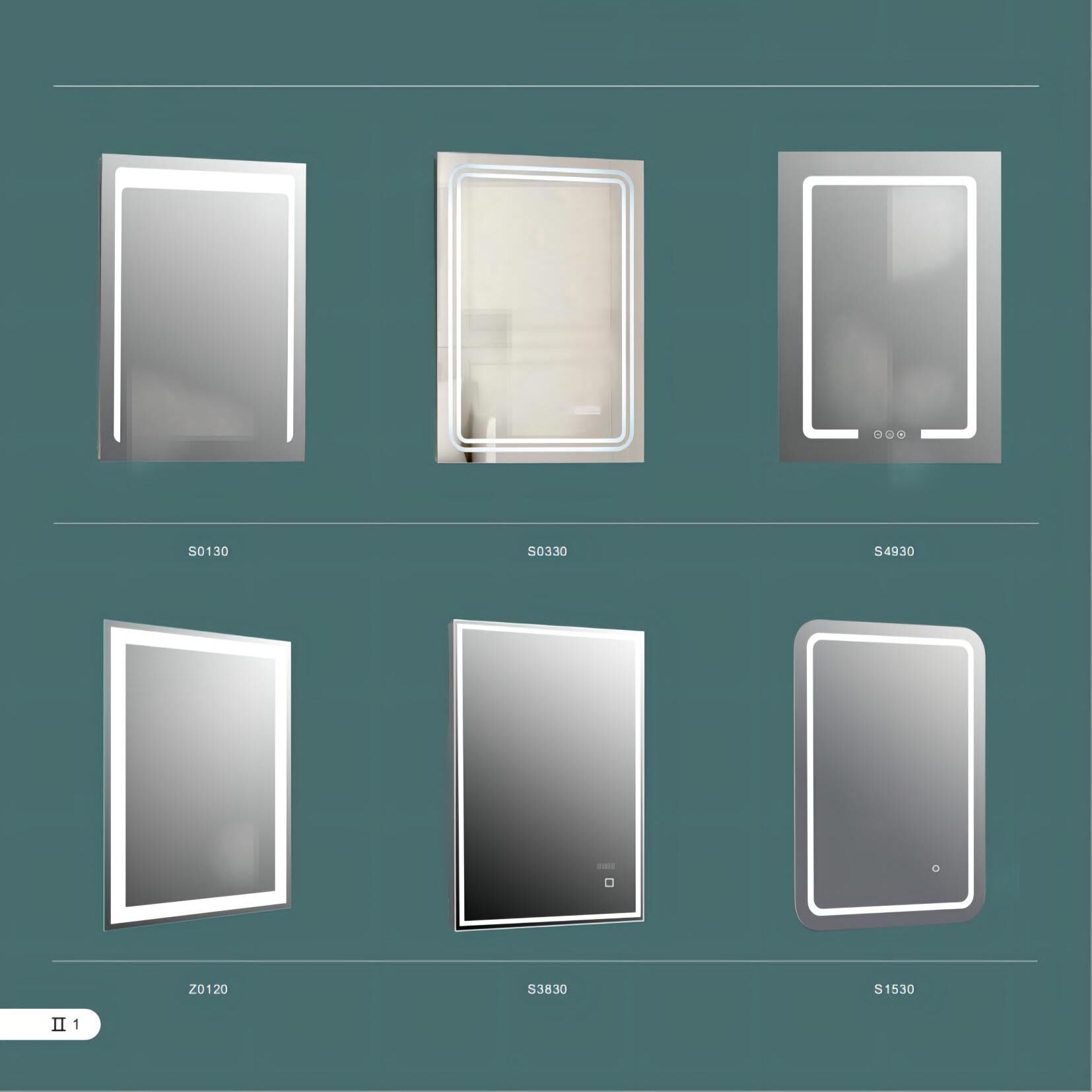
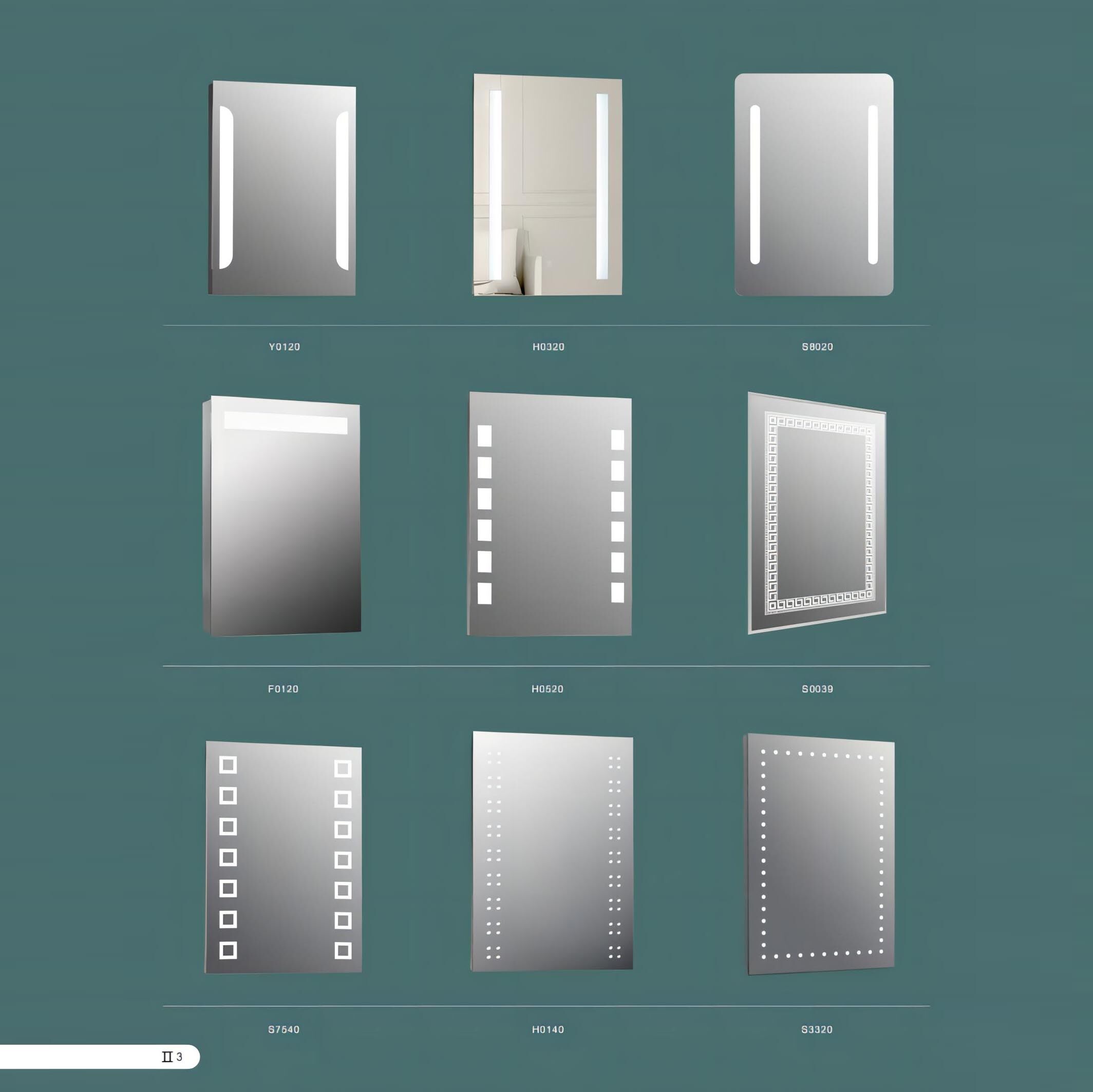
Due to the fractured and fragmented wood, the board's internal substance is uniform, the cover is manageable, but the glue is difficult to open. There is a significant improvement in the gripping force, deformation resistance, and crack resistance. The strength is less than that of multilayer and density boards, and it is more prone to moisture absorption and poor waterproofing, which is a drawback. It is simple to manufacture formaldehyde in excess of the norm with a lot of adhesive.

In the current market, the main material of the bathroom cabinet is artificial plates. So what are the advantages of artificial panels?
Common man-made boards in the market include multi-layer boards (plywood), particle boards (particleboard), density boards (MDF), ecological boards, and large core boards (blockboards).
Multilayer board is also known as plywood, thin core board, and plywood. A Multilayer board is a plate made of three or more layers of veneers or thin plates by cross gluing and hot pressing, similar to a wafer cake structure. The outermost front veneer is called the panel, the reverse veneer is called the back plate, and the inner veneer is called the core plate.
Multilayer plates are generally divided into 6 specifications (1 mm is 1 mm) 3 cm plate, 5 cm plate, 9 cm plate, 12 cm plate, 15 cm plate, and 18 cm plate. A good bathroom cabinet is made of an 18mm multi-layer board, which is hard, strong, stable in structure, uniform in force, and not easy to deform. However, the multi-layer board has high requirements in the production process. The first choice for buying multi-layer board bathroom cabinets is a big brand with guaranteed technology.
A particle board is a kind of particleboard. It is made by breaking wood or wood materials and then gluing and pressing them. Many wood particles can be seen with the naked eye on the section of the board.
As the wood is broken and particles, the internal material of the board is uniform, the cover is easy to handle, and it is not easy to open the glue. The grasping force, deformation resistance, and cracking resistance are greatly enhanced. The disadvantage is that the strength is lower than that of multilayer board and density board, and it is easy to absorb moisture and has poor waterproof property. A large amount of adhesive is easy to produce formaldehyde exceeding the standard.
The full name of density board is density fiberboard, which is made of wood fiber or other plant fiber and pressed with synthetic resin. According to the density, it can be divided into high-density fiberboard, medium-density fiberboard, and low-density fiberboard. Medium density fiberboard is referred to as medium density fiberboard.
The surface of the density board is smooth and flat, the material is fine, the performance is stable, the edge is firm, and the surface decoration is good. However, the density board is not moisture-proof and has a large expansion rate and deformation in the case of water. Moreover, the nail holding force is worse than that of the particleboard. If the screws are loosened after tightening, it is difficult to fix them in the same position. Therefore, the bathroom cabinet does not use the density plate as the base material.
The ecological board is also known as paint-free board and melamine board. The base material used in the middle is the melamine decorative panel of splicing solid wood (such as Chinese fir, Tung wood, poplar, etc.).
The large core board is also called a blockboard, which is a sandwich structure. The board core is generally made of short wooden strips after drying, and the upper and lower board surfaces are pasted with a layer of wood veneer.
The large core board is hard in texture, uniform in structure, low in water absorption, better in stability than solid wood, and has good processing performance. The disadvantage is that the price of a large core board is high, there is no veneer, and surface treatment is required, such as painting, and there is a formaldehyde problem.
In terms of cost-effectiveness, solid wood multilayer board, solid wood particle board, and ecological board are recommended for bathroom cabinet base materials; In pursuit of texture and sufficient budget, solid wood bathroom cabinet is certainly a good choice.
